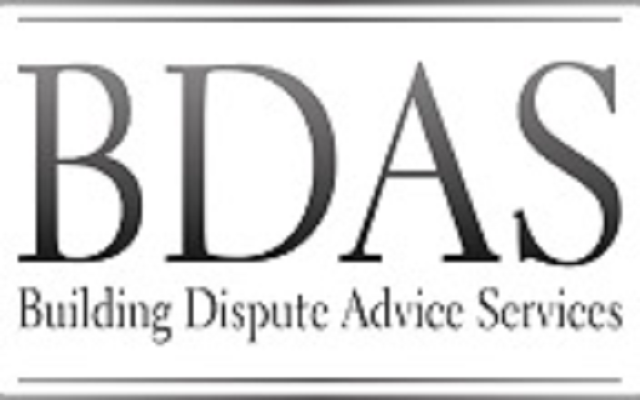Kennedy v Cordia Services LLP: background
Ms Kennedy was employed by Cordia Services to make home visits to clients to provide personal care. While visiting a client, she slipped and fell on snow and ice on a public footpath, injuring her wrist.
The original judge, relying on expert evidence, found Cordia liable for her injury on the basis that they did not provide her with protective footwear. The Inner House decided that the expert evidence was inadmissible and allowed Cordia’s appeal.
What is “expert evidence”?
Ms Kennedy’s expert had given evidence about health and safety at work. The Inner House decided that his evidence was unnecessary; the case concerned matters “within the realm of ordinary human experience in Scotland” (walking in the snow).
The court went on to say that: “A person does not become able to give expert evidence simply by reason of the depth of his knowledge or the width of his experience.” The subject matter of the knowledge or experience must form part of a generally recognised and specific discipline amenable to forensic examination and evaluation. The opinions offered by Ms Kennedy’s expert were “nothing more than what a reasonably.…intelligent person might have discovered by…looking up material on the internet”. They did not constitute expert evidence, and as such were not admissible.
Admissibility of expert evidence: the Supreme Court’s decision
The Supreme Court unanimously allowed Ms Kennedy’s appeal. In relation to admissibility, the court said that there are four considerations:
(i) Whether the proposed expert evidence will assist the court in its task;
(ii) Whether the witness has the necessary knowledge and experience;
(iii) Whether the witness is impartial in his or her presentation and assessment of the evidence; and
(iv) Whether there is a reliable body of knowledge or experience to underpin the expert’s evidence.
In this case, the expert had experience and qualifications in health and safety, and his evidence was relevant and admissible. His evidence provided a basis for the judge to determine whether Cordia had suitably and sufficiently evaluated the risks and identified the measures needed to protect health and safety.
It is the responsibility of the legal team to assess whether the proposed witness has the necessary expertise and whether his or her evidence is otherwise admissible. The legal team must also make sure that the witness is aware of the duties imposed on an expert witness and disclose to the expert all of the relevant factual material which they intend should contribute to the expert’s evidence in addition to his or her own pre-existing knowledge. That should include not only material which supports their client’s case but also material that points in the other direction.
Comment
Obtaining expert evidence is an important – and often costly – element in preparing a court case. For those who instruct experts (and for those who act as experts) the case provides important guidance on ensuring the admissibility of the evidence given.
This article was written and published on the internet by CMS Legal on 15/02/16.
This article is intended to provide general information about legal topics. Nothing in this article or in the documents available through it, is intended to provide legal advice. You should not rely on any information contained in this article, or in the documents available through it, as if it were legal advice.
BDAS specialise in: providing contract advice, resolving construction disputes, managing construction claims & adjudications and will give you competitive, independent advice tailored to your specific construction problems.
If you could benefit from this please call Jon now on 07795 231 231 or email: Jon@BDASweb.com
